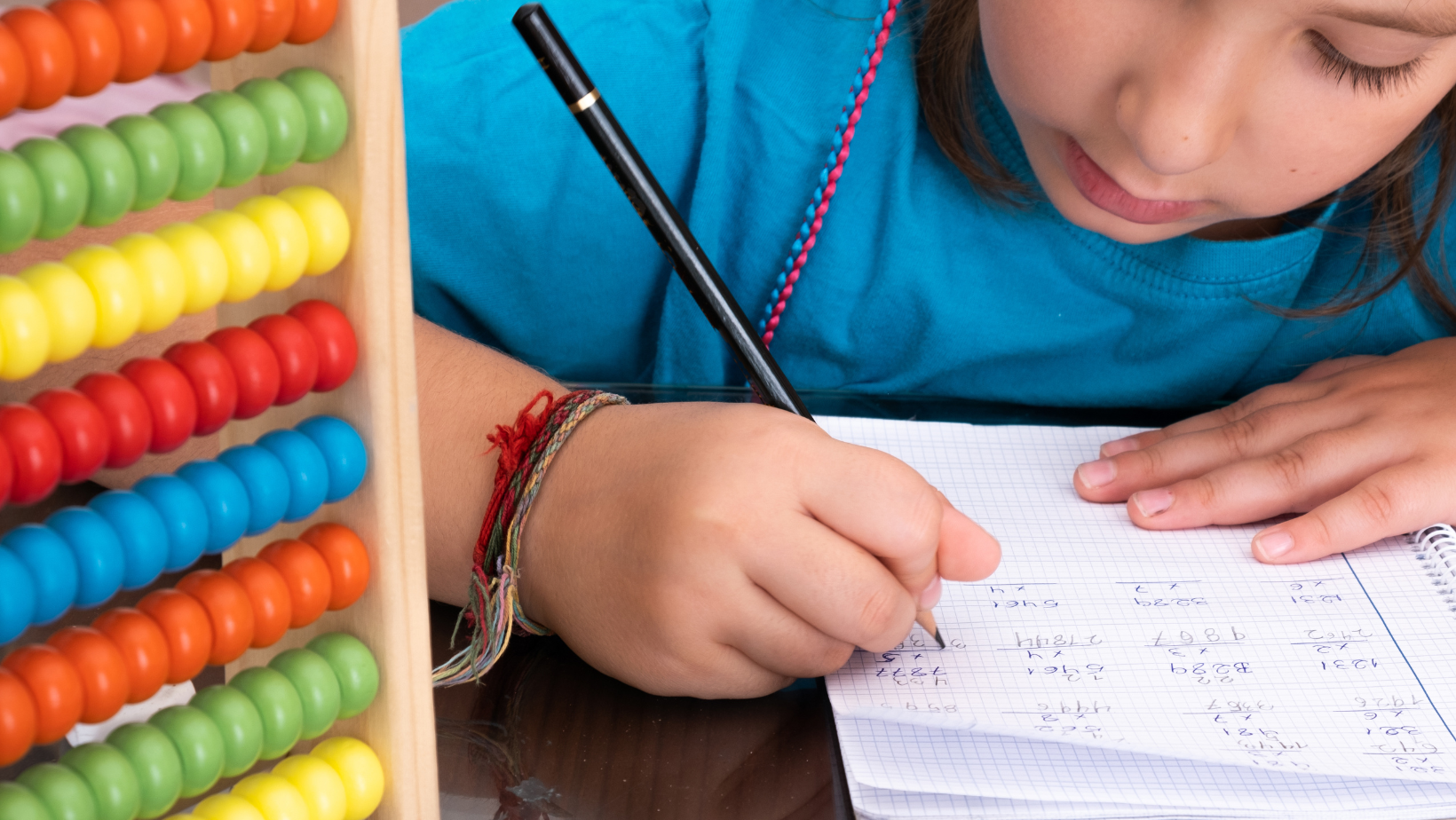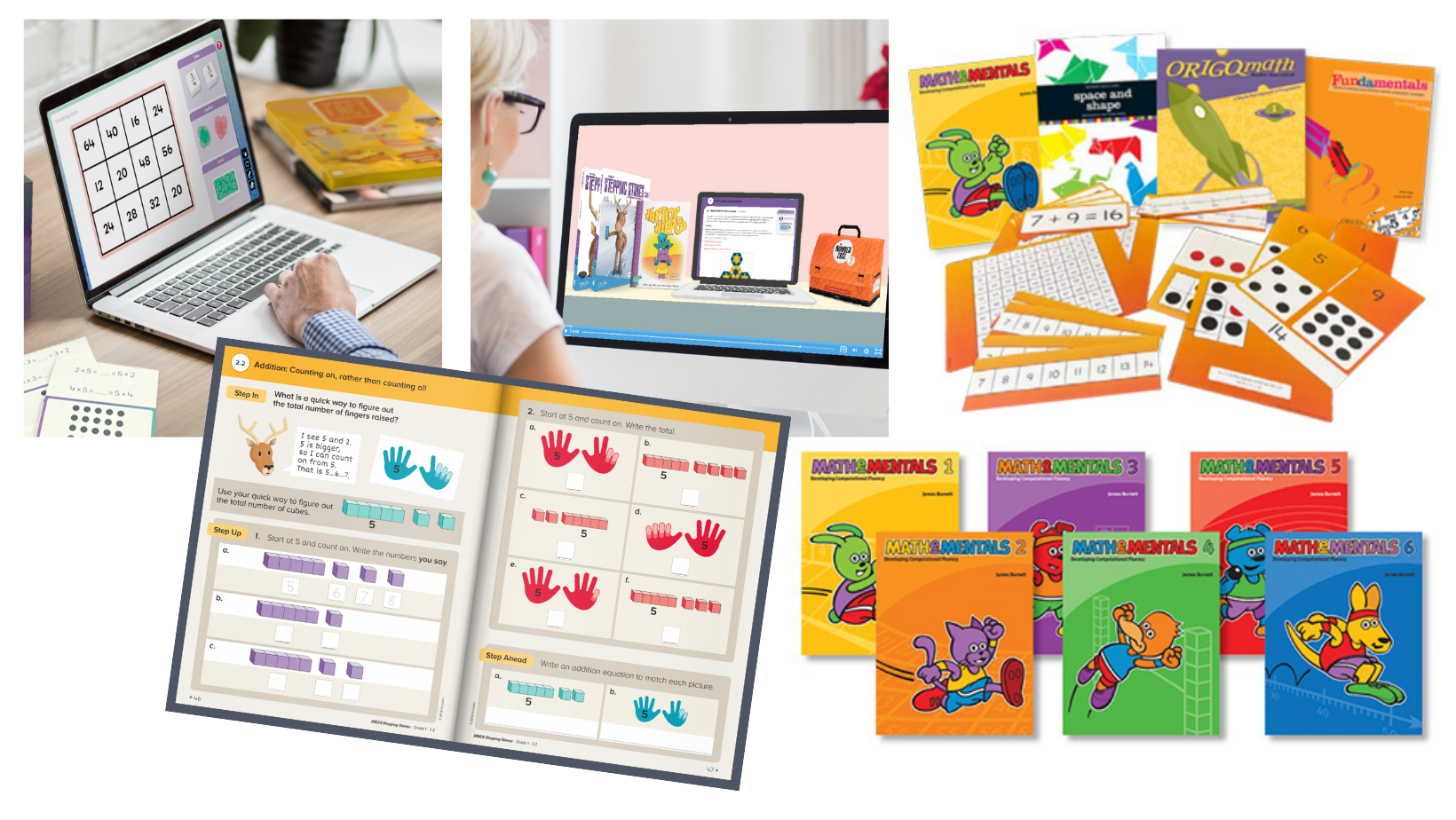Insights
Planning a Successful Elementary Summer Math Program
Summer break is a much-needed time for students and teachers to recharge—but it also comes with a well-known challenge: the “summer slide.” Research shows that students can lose substantial math knowledge over the summer months if they’re not given opportunities to practice and engage with math concepts. On average, students may lose approximately 2.6 months of math learning during the summer break, requiring teachers to spend valuable class time reteaching material at the start of the new school year.
This phenomenon, known as “summer learning loss,” affects a significant portion of students; for instance, between 70% and 78% of elementary students experience a decline in math skills over the summer, with the transition between 5th and 6th grades showing the largest drop, where 84% of students demonstrate summer slide in math.
Compounding this issue, recent data from the National Center for Education Statistics (NCES) reveals a concerning trend in U.S. student math performance. Between 2019 and 2023, average math scores for 4th graders declined by 18 points, while scores for 8th graders dropped by 27 points, bringing performance levels back to those last seen in 1995.
The encouraging news is that well-structured elementary summer math programs can effectively counteract summer learning loss. High-quality summer learning initiatives have been shown to produce positive effects on student achievement, particularly in math. By providing structured opportunities for students to practice and apply math skills during the summer, these programs help maintain and even enhance mathematical proficiency, ensuring students are better prepared for the academic challenges of the upcoming school year.
Whether you’re organizing a district-wide initiative, a school-based enrichment program, or something smaller for a group of students, here’s how to create a summer math experience that’s engaging, effective, and fun.

Start by Determining Student Needs
The first step in planning a successful summer math program is understanding where your students are. A one-size-fits-all approach won’t be as effective as a program tailored to specific needs.
Begin by looking at end-of-year assessments or progress monitoring data. Consider the following areas:
- Math fluency: Are students comfortable with basic facts and calculations?
- Number sense: Can they reason flexibly with numbers and understand place value?
- Problem-solving skills: Are students able to apply math concepts in different contexts?
By identifying these areas, you can group students according to their learning needs and offer targeted instruction that builds confidence and closes gaps.
Set a Clear Purpose: Remediation, Intervention, or Enrichment
A clearly defined purpose helps guide program design and instruction. Are you helping students catch up, fill specific gaps, or extend their learning?

Remediation: Strengthening the Foundations
Remediation focuses on reteaching foundational concepts that students missed or struggled with during the school year. For elementary math students, this might include skills like number sense, basic operations, place value, or early fractions. A summer math program offers a valuable opportunity to revisit these key areas in a supportive, low-pressure environment.
Through hands-on activities, visual models, and engaging practice, students can rebuild confidence and deepen their understanding. The goal is to close learning gaps and help students feel prepared and capable as they enter the new school year—ready to take on new math challenges with a stronger foundation.

Intervention: Meeting Students Where They Are
Intervention supports students who are performing below grade level and need targeted, individualized instruction to catch up. In a summer math program, this often means working with small groups or one-on-one to address specific skill gaps that may be holding students back. For elementary students, intervention might focus on mastering addition and subtraction strategies, understanding number patterns, or building fluency with multiplication and division.
These learners benefit from more time, multiple representations, and scaffolded support to truly grasp core math concepts. A summer setting allows educators to slow down, provide immediate feedback, and use hands-on tools like number lines, counters, or visual models to build understanding.

Enrichment: Stretching Thinking and Sparking Curiosity
Enrichment is designed for students who have a strong grasp of grade-level concepts and are ready to stretch their thinking beyond the standard curriculum. In a summer math program, enrichment offers these learners the chance to dive deeper into mathematical ideas through engaging projects, open-ended challenges, and creative problem-solving activities.
For elementary students, enrichment might include logic puzzles, math games, real-world applications like budgeting or designing a playground, or exploring patterns, geometry, and number theory in new and exciting ways. These experiences not only keep students challenged and motivated but also foster a love of math as a creative, exploratory subject.
You might choose to incorporate elements of all three, depending on your group. What matters most is that your purpose aligns with the instructional content and learning goals you’re aiming to achieve.
Use Evidence-Based Resources for Effective Instruction
Once you’ve identified your goals and student needs, choose resources that are research-based and developmentally appropriate. High-quality instructional materials have a lasting impact on student outcomes. In fact, studies have shown that well-designed summer programs that include academic instruction can significantly improve student performance in math, especially when the instruction is engaging and consistent.

Effective summer math instruction should:
- Focus on Conceptual Understanding
It can be tempting to drill math facts during the summer, but focusing only on procedures may not lead to long-term success. Instead, aim to reinforce conceptual understanding through visual models, discussions, and problem-solving tasks.
For example, instead of asking students to memorize fraction rules, have them use paper pizzas or number lines to explore and explain why 1/2 + 1/4 equals 3/4.

- Include Engaging, Hands-on Activities
Hands-on activities help students connect abstract math concepts to real-world experiences. Using tools like base ten blocks, number lines, or fraction tiles allows young learners to explore ideas in concrete ways. During summer, when keeping attention is key, interactive games, puzzles, and collaborative projects can boost engagement, deepen understanding, and build math confidence.
- Incorporate Differentiated Instruction
Each student has unique learning needs, and differentiated instruction tailors the learning experience to meet those needs. Whether through adjusting the difficulty of tasks, offering various approaches, or using a mix of teaching formats like small groups and one-on-one support, differentiation ensures that all students are appropriately challenged.
This approach is especially crucial in a summer math program, where students may be at different levels. By meeting students where they are, educators can keep them engaged and help them make meaningful progress, whether they’re reinforcing foundational skills or exploring new concepts.

How ORIGO Education Can Support Your Summer Math Program
When it comes to building a conceptual understanding of math, ORIGO Education offers a wide range of tools and resources designed specifically for elementary students. ORIGO’s approach emphasizes visual thinking, language development, and engaging activities that make math come alive.
Here’s how ORIGO can support your summer program:
- ORIGO Stepping Stones provides a comprehensive and coherent math curriculum that’s easy to adapt for summer learning. Each lesson is built on conceptual understanding and offers hands-on strategies to deepen student thinking.
- ORIGO Mathementals offers fun, flexible activities that support fluency, reasoning, and problem-solving—perfect for summer sessions or math clubs.
- ORIGO Fundamentals features more than 200 interactive games designed to reinforce mental computation and strategy. These can be used independently or during small group instruction to boost confidence and number sense.
Whether you’re running a structured program or sending home resources for summer practice, ORIGO Education provides the support and content needed to engage young learners and prevent learning loss.



